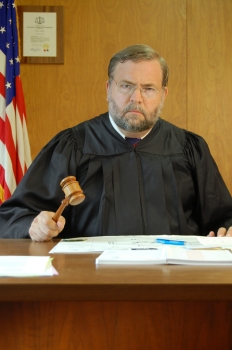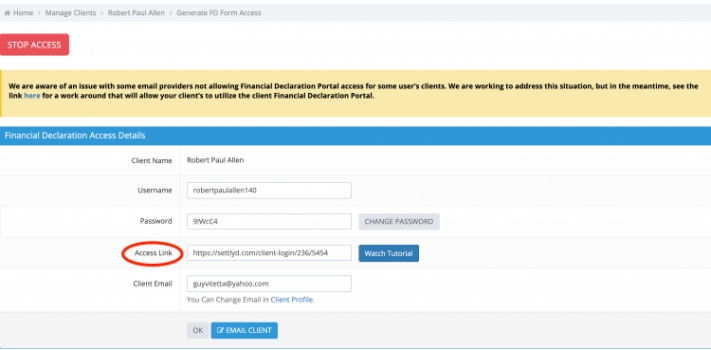
What constitutes "bad faith" in a North Carolina child support case?

The North Carolina Court of Appeals published the matter of Mendez v Mendez on December 21, 2021 wherein it found (among other issues) that Dad was not acting in bad faith when physical ailments and a plan to attend law school caused reduction in his income.
Dad had been earning an average income of just under $200,000 for the three years preceding a request by Mom to modify Dad's child support obligation. Dad was a contractor for the Department of Defense in a job that required he stand for 12 hours at a time while wearing and carrying heavy equipment. Dad had developed prostrate cancer, sinus disease, degenerative disc disease (from his DoD job), and a bladder deformity. Dad's goal was to attend Columbia University Law School, to which he had been admitted, once his prostrate cancer was brought under control. Law School would be paid in large part by the GI Bill. The Court of Appeals ruled that:
"Evidence of a voluntary reduction of income alone is not sufficient to support a finding and conclusion of acting in bad faith. The party who has voluntarily reduced their income must be motivated by the desire to avoid his or her child support obligations...[T]his Court has suggested that where a defendant forgoes all employment [to] become a full-time student there may not be bad faith provided he continues to adequately provide for his children. Unemployment or under employment does not mean a party is acting in bad faith."
The trial court concluded that Dad could not physically continue his DoD employment and was justified in seeking a legal or new career, and therefore was not acting in bad faith. The trial court's ruling in reducing Dad's child support was affirmed.
Mom was unable to provide any evidence of bad faith. Dad was not able to work in his former job due to health reasons, and was willing to provide support for his children at his reduced income. The court found his plan to attend law school was reasonable as it would not tax him physically and would lead (hopefully) to additional income and support for his kids.




